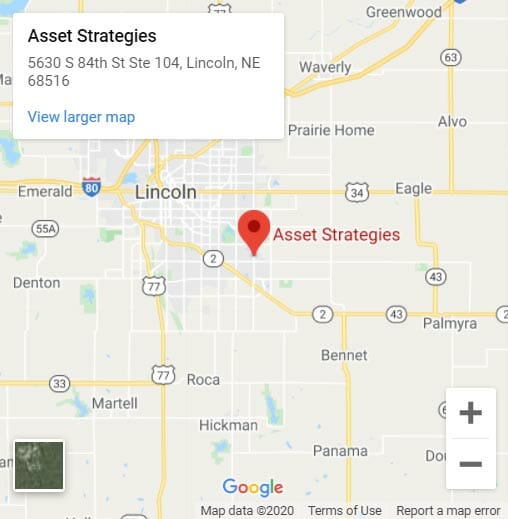It’s been a rough ride. For those of you who haven’t been keeping score, the first quarter of 2022 had investors reeling from wide swings in the stock market, ultimately ending 5.33% in the hole. And this, just two years after the S&P 500 dropped more than 37% during the Covid pandemic. Countless folks responded by moving their portfolios into a cash position, absolutely convinced that they were outsmarting the market, limiting their losses, and protecting their retirement. How were they to know that less than 9 months after its lowest point in 2020, not only would the market dig out of that hole but would end at highs we had never seen. By liquidating their investments, they missed out on that growth. Hindsight is always 20/20.
“Buy low, sell high,” they say. For decades, this has been the philosophy we’ve been told will reap the greatest rewards. The problem is, how do we know when the low is low, and the high is high? Bottom line, we don’t. We can research, analyze, study, and research some more but ultimately, the market is its own beast far out of our control. Just look at American history… our country has experienced a Great Depression, two World Wars, Black Monday, Y2K and the dotcom burst, the housing market crash, and a global pandemic. There have been plenty of reasons to jump out of the market due to fear and uncertainty.
In 2018, Ken Fisher, the founder of Fisher Investments, authored an article for USA Today that has since become famous. Here is an excerpt from that article:
“Riding all of the stock market’s ups – and none of its downs – is a popular fantasy. Who wouldn’t want to skip rough patches such as early 2018, late 2015 or all of 2008?
Alas, it’s impossible. Even the greatest investors are wrong maybe a third of the time.
But here’s some good news: You don’t need perfect timing to achieve marvelous returns. Time in the market beats timing the market – almost always.”
Yes, time in the market beats timing the market. Study after study has proven this to be true. Investors might occasionally be able to make the right call by timing the market, but consistently placing the correct bet at the most opportune time is nearly impossible without a crystal ball. And there are real consequences when market timing doesn’t work out. If an investor gets out of the market too early or a market drop never materializes, they could miss out on significant additional positive returns by having gotten out. This is exactly what happened to those investors whose knee-jerk reaction in 2020 was to sell.
Time in the market means building a diversified portfolio consisting of quality funds that have stood the test of time and hanging on for dear life. Time in the market refers to relying on a strategy where you don’t try to guess when the market is at its lowest or highest point. Instead, you buy the market knowing that your timing is probably going to be off, but that eventually, the fundamentals matter more than the timing. These investors are in it for the long haul.
“Investing should be more like watching paint dry or watching grass grow,” said Paul Samuelson, one of the most notable and influential economists of the 20th century.
When weighing the pros and cons of time in the market vs timing the market, remember that time in the market has historically offered a better outcome… even if it feels overwhelming amid market volatility and financial uncertainty. If you might be prone to feeling anxious about the markets, having an advisor take the reins or serve as your guide can be invaluable to help you stay on course with your investments. An advisor can also talk you through what’s happening in the markets, and help you understand what it all means for your portfolio. By investing in mutual funds with a long-term strategy and a holistic game plan created by a fiduciary financial advisor, you can balance your tolerance for risk with the unique situations in your life and future goals.






